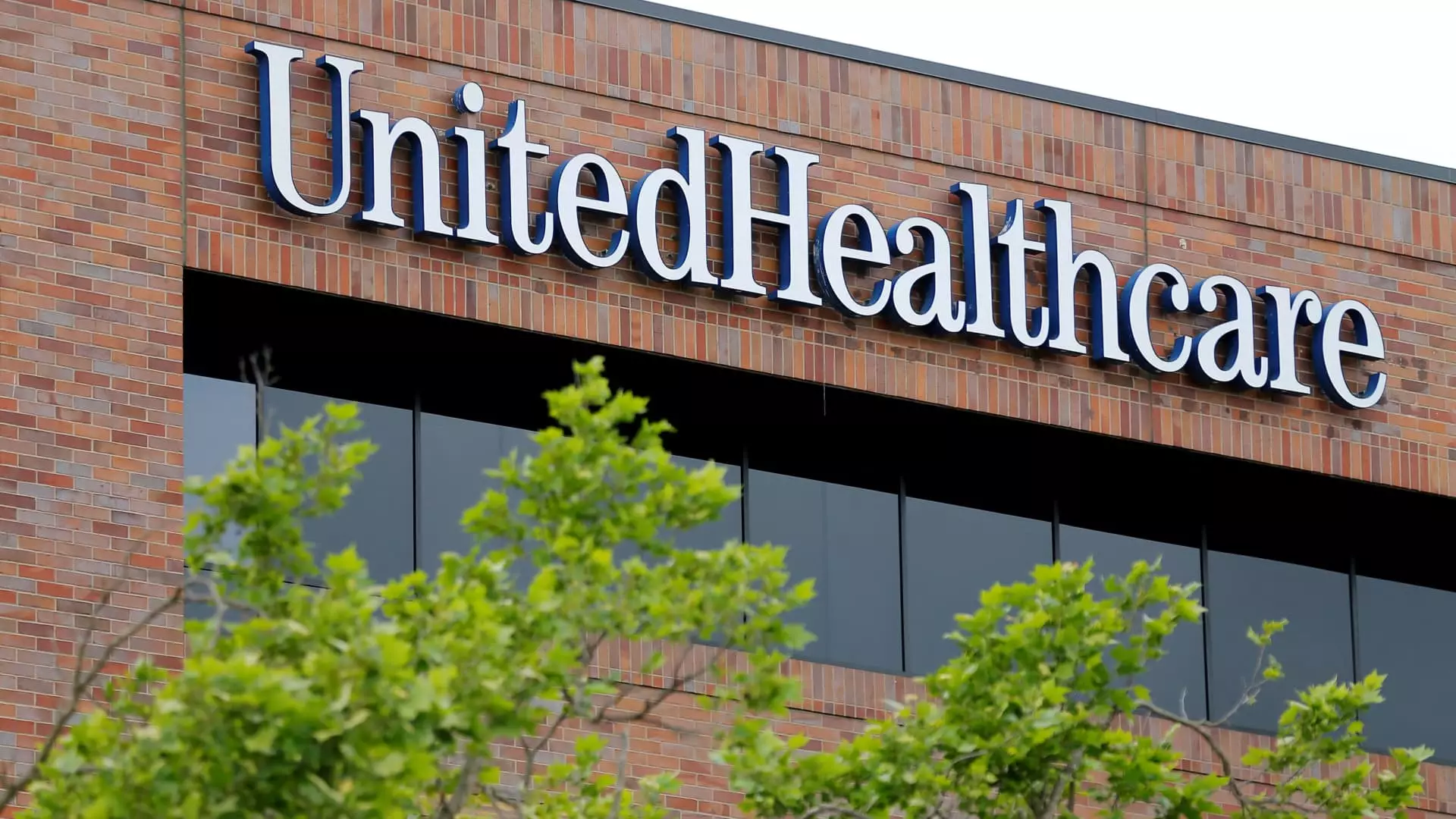The recent developments surrounding UnitedHealthcare and its parent company, UnitedHealth Group, have raised significant concerns about the organization’s operational integrity and financial health. As the largest health care conglomerate in the United States, with a staggering market capitalization exceeding $420 billion, the pressures are mounting. With a government investigation looming regarding Medicare billing practices, employee buyouts on the table, and conflicts with high-profile investors, the question arises: how sustainable is UnitedHealth Group’s business model, and what does this imply for the broader healthcare landscape?
The United States Department of Justice is currently conducting a civil fraud investigation into UnitedHealthcare’s billing practices for its Medicare Advantage plans. This inquiry specifically scrutinizes whether certain diagnoses were improperly utilized to generate additional payments. Reports indicate that the investigation was catalyzed by previous journalism that questioned the legitimacy of billions of dollars in payments made to UnitedHealthcare for potentially unsubstantiated diagnoses. This can be alarming for stakeholders, raising concerns that the organization might prioritize profit over patient care.
The Medicare Advantage program, which allows private insurers to manage healthcare for seniors, has come under fire due to rising medical costs associated with these plans. As scrutiny heightens, the potential for additional governmental regulation on billing practices looms large. Critically, as UnitedHealthcare navigates these waters, it must balance a commitment to ethical practices with operational necessities—a challenge that could define its future.
Declining Stock Performance: A Financial Reflection
Amid these revelations, UnitedHealth Group’s stock has experienced a dramatic downturn, falling approximately 23% over the last quarter. Most strikingly, shares dropped by 9% in one day following the investigation’s announcement, underscoring the market’s unease about the company’s future. This decline raises essential questions about investor confidence in UnitedHealthcare, particularly in light of mixed messages regarding its financial health associated with both regulatory pressure and corporate governance issues.
Financial analysts at RBC Capital Markets have described the investigation as merely an “incremental overhang,” suggesting that while it creates a cloud of uncertainty, it may not have immediate financial repercussions. However, this analysis does not account for the potential long-term implications of reputational damage that could arise from these investigations—something that could severely impact business relations and customer trust.
The unfolding narrative within UnitedHealthcare is not solely about external pressures. Reports indicate that the company is offering buyouts to employees as a strategy to mitigate costs, with the potential for layoffs looming if voluntary resignations do not meet expectations. This proactive approach raises further concerns about the internal culture at UnitedHealthcare. As the company seeks to utilize digital technology and streamline operations, it must ensure that such changes do not undermine employee morale or lead to further discontent.
The optics of pursuing employee buyouts during a time of turmoil suggest that the company is taking desperate measures to stabilize its financial standing while attempting to adapt to evolving market conditions. Employees represent a crucial element of a company’s success, and alienating them through aggressive cost-cutting measures can lead to long-term harm that exceeds immediate financial relief.
A particularly notable dimension of the current UnitedHealthcare saga involves its public dispute with billionaire investor Bill Ackman. Ackman has criticized the company for denying medically necessary procedures, drawing attention to systemic issues within the healthcare provider industry. His pledge to cover legal fees for a Texas doctor embroiled in a dispute with the insurer has amplified concerns over ethical practices and the treatment of healthcare providers within the broader network.
This conflict reflects a mounting tension between investors and healthcare providers, particularly as private insurers are scrutinized for their approaches to medical necessity and patient care. The issue reiterates a growing sentiment among both the public and investors that current practices surrounding patient care and profitability must be reevaluated.
Cybersecurity Conundrums and Ongoing Challenges
Compounding these challenges is the fallout from a significant cyberattack on UnitedHealth’s subsidiary, Change Healthcare, which had far-reaching consequences, compromising the protected health information of approximately 190 million individuals. The financial hit from this incident has exceeded $3 billion—an extraordinary figure that demonstrates the fragility of even the biggest healthcare providers when faced with modern cybersecurity threats.
Having been aware of the cybersecurity breach for a year, UnitedHealthcare’s communication strategy and damage control mechanisms are worth scrutinizing. Stakeholders may begin to question the company’s commitment to securing sensitive information, which could further erode trust among patients, providers, and investors alike.
As UnitedHealthcare finds itself in the eye of several storms—from government investigations and stock declines to employee unrest and external challenges—it must tackle both ethical and operational dilemmas head-on. The conduct of its billing practices for Medicare Advantage plans, the transparency of its internal operations, and the management of its obligations to both employees and clients will be pivotal. Ultimately, how UnitedHealthcare responds to these converging pressures will not only shape its future but also have lasting implications for the broader healthcare industry.


Leave a Reply